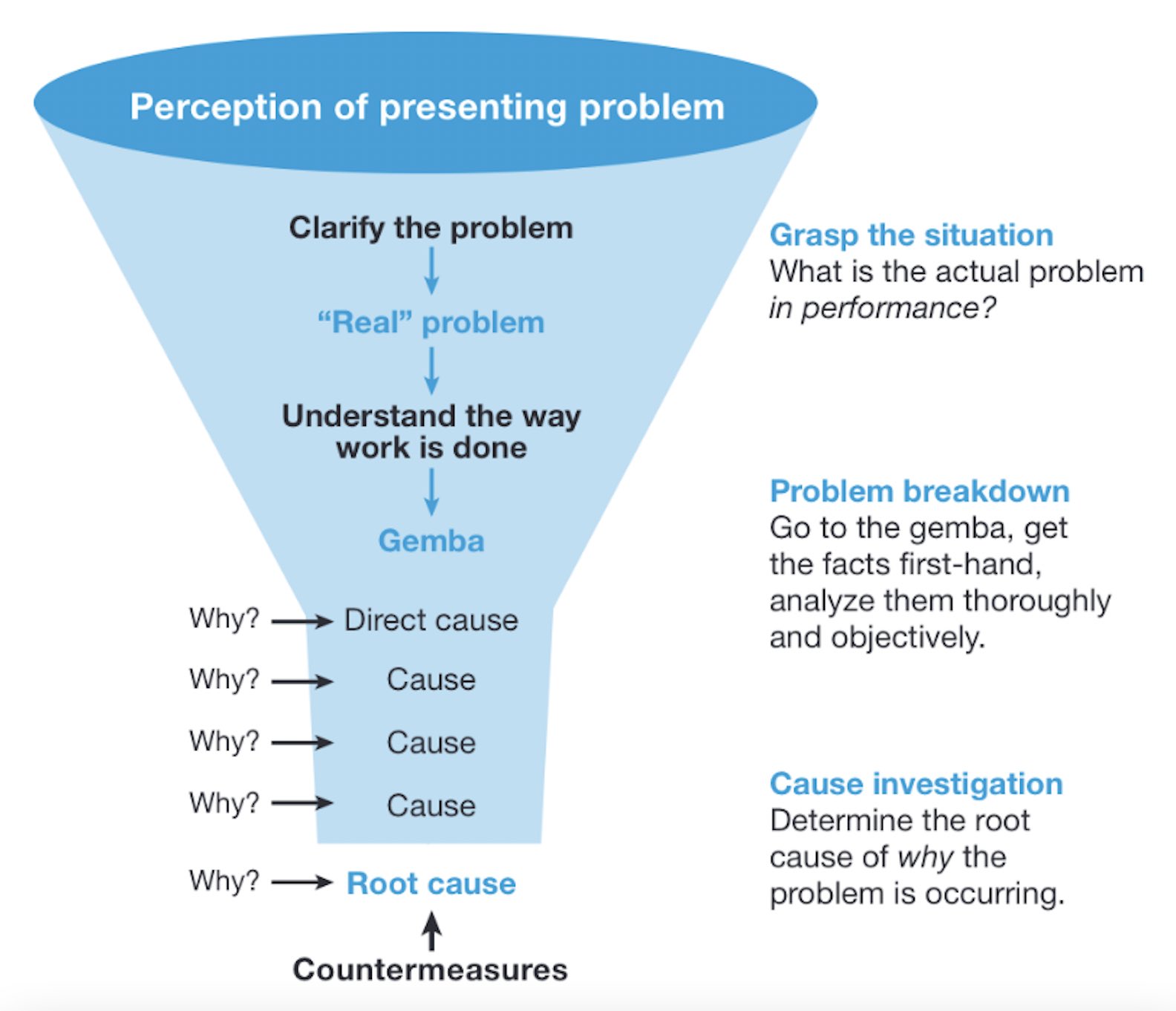Unlocking Renewable Energy Careers: Pathways, Opportunities, and How to Get Started
Introduction: The Rise of Renewable Energy Careers
The global transition to clean, sustainable energy is unlocking a wave of new career opportunities across a diverse range of fields. As governments, businesses, and communities invest in solar, wind, hydro, and other renewable sources, the demand for skilled professionals who can innovate, install, manage, and maintain these systems continues to grow. Whether you are seeking hands-on technical work, engineering roles, research, or project management, there is a renewable energy career pathway suited to your interests and background. This comprehensive guide explores the major pathways, key roles, actionable entry steps, and resources to help you launch or advance your career in renewable energy.
Key Renewable Energy Career Pathways
Renewable energy careers span a range of sectors and skill levels. Pathways include:
1. Solar Energy Careers
Solar energy is one of the fastest-growing segments of the renewable industry, offering roles for people with a variety of backgrounds and education levels. Common career options include:
- Solar Installation Technician : Installs and maintains solar panels on residential, commercial, or industrial sites. Technicians are responsible for electrical wiring, troubleshooting, and system maintenance. Entry typically requires technical training or an apprenticeship, and advancement is possible with field experience and certifications.
- PV System Designer : Designs photovoltaic (PV) systems tailored to specific energy needs and site requirements. This role often requires expertise in engineering or solar technology and can be accessed via an engineering degree or specialized training.
- Solar Project Manager : Oversees solar installation projects, ensuring they are completed safely, on time, and on budget. Relevant experience in construction, project management, or engineering is often required.
- Solar Sales Consultant : Educates customers about solar solutions, conducts site assessments, and manages sales contracts. Strong communication skills and a basic understanding of solar technology are essential.
For more information and real-world job examples, you can explore resources provided by educational institutions and industry organizations [1] .
2. Wind Energy Careers
Wind energy is another rapidly expanding field, with significant opportunities for both entry-level and advanced professionals. Common roles include:
- Wind Turbine Technician : Responsible for installing, inspecting, and maintaining wind turbines, which often involves working at heights and troubleshooting mechanical and electrical systems. Entry-level positions are accessible through technical programs or apprenticeships, and safety training is mandatory.
- Wind Project Engineer : Designs and optimizes wind farm layouts, evaluates site conditions, and ensures regulatory compliance. Engineering degrees are typically required.
- Wind Operations Manager : Supervises wind farm operations, coordinates maintenance schedules, and manages teams of technicians. Prior experience in wind energy or a related field is usually necessary.
To learn about current wind technician apprenticeship opportunities, consider registering your interest with the Clean Power Institute or local workforce development boards. Visit the Clean Power Institute’s careers page for up-to-date information [2] .
3. Bioenergy and Advanced Manufacturing
Bioenergy careers focus on converting organic materials into renewable fuels and power. Roles in advanced manufacturing support the production and deployment of clean technology. Key positions include:
- Bioenergy Engineer : Develops processes for converting biomass into energy. This typically requires a background in chemical, mechanical, or environmental engineering.
- Manufacturing Technician : Builds, tests, or assembles renewable energy system components such as solar panels, batteries, or wind turbine parts. These roles may be accessible with vocational training or on-the-job experience.
- Operations and Maintenance Specialist : Ensures the efficient and safe operation of bioenergy or manufacturing facilities, often requiring technical or engineering training.
You can use interactive career maps from the U.S. Department of Energy to explore specific roles and pathways based on your education and interests [4] .

Source: nuenergy.org
4. Energy Storage and Grid Modernization
As renewable energy sources are integrated into the grid, energy storage solutions such as batteries become essential. Careers in this pathway include:
- Battery Technician : Installs, monitors, and maintains battery systems used in homes, businesses, or utility-scale projects.
- Energy Management Specialist : Optimizes storage and distribution to ensure reliable access to renewable power.
- Grid Storage Engineer : Designs and implements cutting-edge storage solutions that support renewable integration and grid reliability.
Entry into these fields may require specialized technical training or engineering expertise. Ongoing learning is important as technologies evolve [1] .
How to Get Started: Step-by-Step Guide
Launching a career in renewable energy involves several actionable steps. Here is a practical approach:

Source: downtoearth.org.in
- Assess Your Interests and Skills : Review the various sectors within renewable energy. Identify what excites you and matches your strengths-whether it’s hands-on technical work, engineering, research, or project management. Use online resources, career maps, and informational interviews to clarify your direction [3] .
- Pursue Relevant Education or Training : While some entry-level roles require only a high school diploma or vocational training, others may require a bachelor’s or even a graduate degree in engineering, environmental science, or related fields. Explore local colleges, technical schools, and online programs focused on solar technology, wind energy, or bioenergy.
- Gain Experience Through Internships or Apprenticeships : Apprenticeships and internships provide hands-on training and can lead directly to employment. Many companies and organizations offer formal programs. For example, you can investigate opportunities via the Clean Power Institute or by visiting industry job boards [2] .
- Network with Industry Professionals : Attend industry conferences, join renewable energy associations, and participate in online forums. Volunteering with alternative energy groups or nonprofit organizations is also a valuable way to gain experience and make connections [3] .
- Stay Informed and Pursue Certification : Renewable energy technologies evolve rapidly. Stay current with the latest trends by reading industry journals and participating in continuing education. Some roles, such as solar installer or wind tech, may require certification from recognized organizations. Verify certification requirements with the North American Board of Certified Energy Practitioners (NABCEP) or similar bodies.
- Apply for Jobs Strategically : Use specialized job boards, company career pages, and professional networks to seek out openings. Tailor your resume and cover letter to highlight relevant skills and experience. If you need help, many colleges and workforce centers offer resume reviews and job placement assistance.
Alternative and Emerging Pathways
In addition to traditional roles, the renewable sector offers pathways in:
- Environmental Policy and Planning : Help shape the regulatory and policy landscape to advance renewable adoption. Roles include urban planners, policy analysts, and sustainability consultants.
- Research and Development : Scientists and engineers working in R&D are driving breakthroughs in efficiency, storage, and materials. These roles often require advanced degrees in science or engineering.
- Business Development and Finance : As the industry grows, there is a need for professionals who can secure funding, develop markets, and manage business operations for renewable projects.
Each of these paths benefits from a blend of technical knowledge, industry experience, and ongoing education. Consider reaching out to relevant academic departments or professional networks for mentorship and guidance.
Accessing Resources and Support
If you are ready to begin your renewable energy career journey, consider taking these steps:
- Contact local community colleges and technical schools for information on certificate and degree programs in renewable energy technologies.
- Visit the U.S. Department of Energy’s Office of Energy Efficiency and Renewable Energy (EERE) website to access interactive career maps and explore different pathways based on your education and skills. Use the official government site and search for “EERE careers” to find the most current information.
- Register with industry groups, such as the Clean Power Institute, for alerts on apprenticeships and entry-level openings in wind and solar energy.
- Network with professionals by attending industry events, either virtually or in person, to learn about evolving trends and connect with potential employers.
It’s important to note that job availability and entry requirements may vary by region and employer. Always verify educational and certification requirements with official organizations before enrolling in programs.
Potential Challenges and Solutions
While the renewable energy sector presents significant opportunity, job seekers may encounter some challenges:
- Rapid Technological Change : Technologies and best practices evolve quickly. Address this by pursuing ongoing professional development and staying connected to industry news.
- Regional Variations in Job Availability : Some areas have more established renewable industries than others. Consider remote work, relocation, or targeting high-growth regions.
- Competitive Entry : Entry-level roles can be competitive. Stand out by gaining practical experience through internships, volunteering, or relevant coursework.
- Certification Requirements : Some roles require specific certifications. Research these early and plan accordingly.
Persistence and adaptability are key to overcoming these obstacles. Engage with professional networks, seek mentorship, and be proactive in developing your skills.
Conclusion: Building a Sustainable Career
Renewable energy offers dynamic and rewarding career pathways for individuals passionate about sustainability and innovation. By taking strategic steps-educating yourself, gaining practical experience, and leveraging industry resources-you can contribute to the global shift toward clean energy and build a fulfilling career. Remember to use official resources for up-to-date information and verify details before making education or career decisions.



